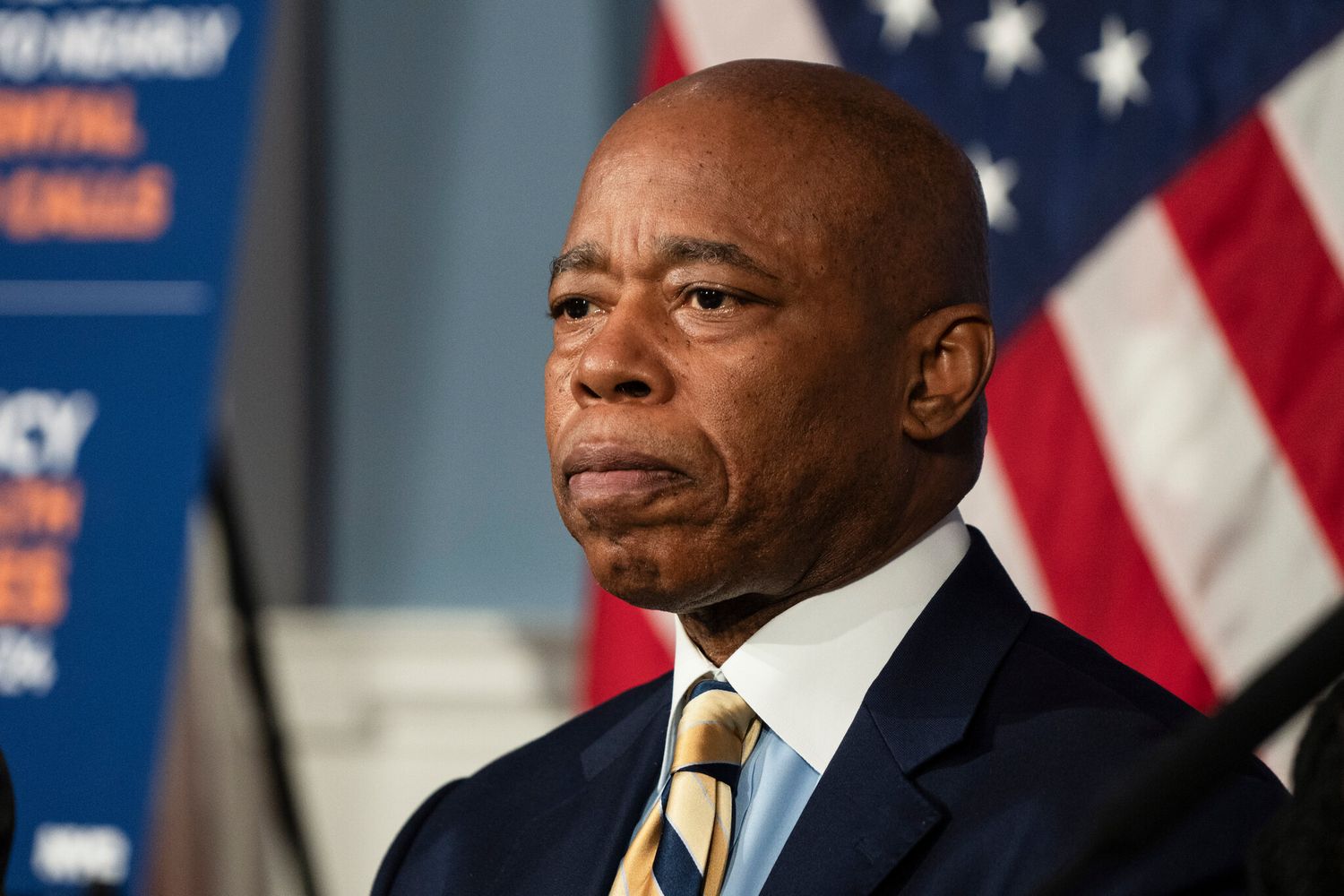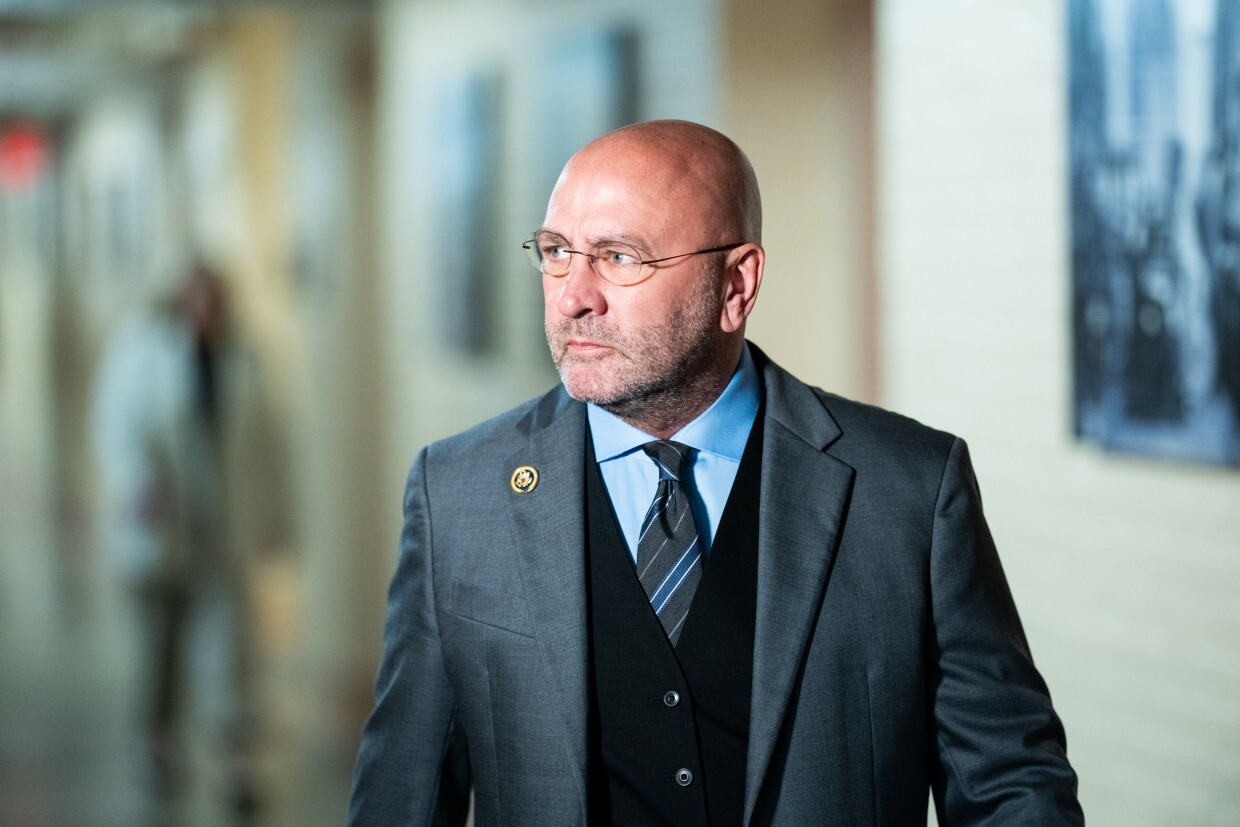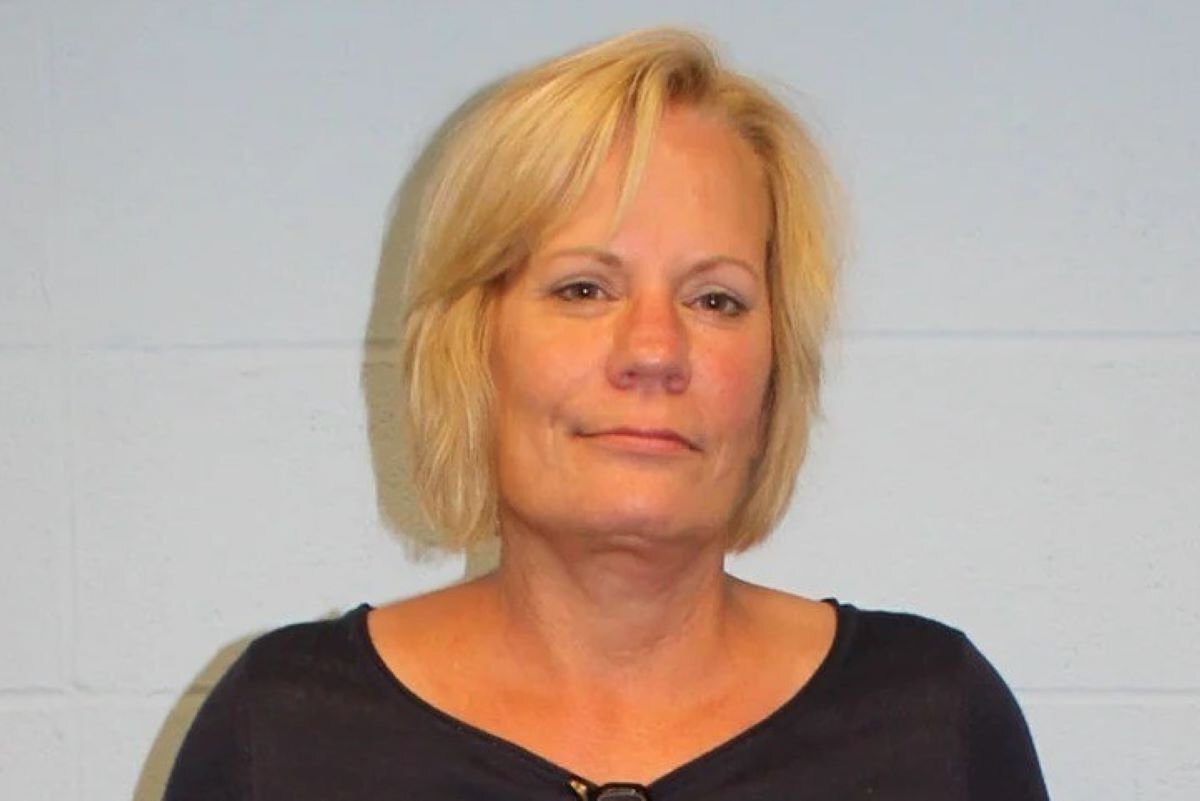
Who is Eric Adams? Eric Leroy Adams, the 110th mayor of New York City, has a story filled with resilience, ambition, and controversy. Born on September 1, 1960, in Brooklyn, Adams rose from a challenging childhood to become a police captain and eventually a political leader. His journey includes co-founding an advocacy group for black officers, serving as Brooklyn Borough President, and navigating scandals and federal investigations. Despite facing numerous challenges, Adams' commitment to law enforcement and reform has remained steadfast. His tenure as mayor, marked by both achievements and controversies, continues to shape the landscape of New York City politics.
Key Takeaways:
- Eric Adams overcame early challenges to become the second Black mayor of New York City, but his tenure has been marked by controversies and federal investigations, casting uncertainty on his future.
- From a tough upbringing to a career in law enforcement and politics, Eric Adams' journey is a complex mix of achievements, advocacy, and controversies, shaping the narrative of his mayoral tenure.
Early Life and Education
Eric Adams' journey began in Brooklyn, New York. His early life was marked by challenges that shaped his future ambitions.
- Birth and Early Life: Eric Adams was born on September 1, 1960, in Brooklyn, New York.
- Working-Class Upbringing: He was one of six children raised by a single mother, who worked hard to provide for her family.
- Early Challenges: At 15, Adams was beaten by police officers after being arrested for trespassing, which motivated him to change the system from within.
- Academic Struggles: Adams struggled with dyslexia and poor grades in school, but he eventually turned his academic life around after being diagnosed with dyslexia in college.
- Education: He graduated from Bayside High School in Queens in January 1979 and later received an associate degree from the New York City College of Technology, a bachelor's degree from the John Jay College of Criminal Justice, and an MPA from Marist College in 2006.
Policing Career
Adams' career in law enforcement spanned over two decades, during which he rose through the ranks and became a vocal advocate for reform.
- Policing Career: Adams served as an officer in the New York City Transit Police and the New York City Police Department (NYPD) for 22 years, retiring at the rank of captain.
- Police Academy: He attended the New York City Police Academy and graduated second in his class in 1984.
- Early Police Work: Adams started in the New York City Transit Police and continued with the NYPD when the transit police and the NYPD merged.
- Police Stations: He worked in various precincts including the 6th Precinct in Greenwich Village, the 94th Precinct in Greenpoint, and the 88th Precinct covering Fort Greene and Clinton Hill.
- Racial Profiling: In 1986, white police officers raised their guns at Adams when he was working as a plainclothes officer, mistaking him for a suspect.
Advocacy and Reform
Adams' experiences in the police force led him to become an advocate for criminal justice reform, particularly focusing on issues affecting the Black community.
- Advocacy Group: In 1995, Adams co-founded 100 Blacks in Law Enforcement Who Care, an advocacy group for black police officers that sought criminal justice reform and often spoke out against police brutality and racial profiling.
- Mike Tyson Escort: The same year, he served as an escort for Mike Tyson when he was released from jail following his rape conviction.
- Grand Council of Guardians: Adams served as president of the Grand Council of Guardians, an African American patrolmen's association, during the 1990s.
- Political Aspirations: In the 1990s, Adams began to eye a political career with the ultimate goal of becoming the Mayor of New York City.
- Advisor William Lynch Jr.: He spoke to William Lynch Jr., an advisor to Mayor David Dinkins, about a political career and was encouraged to obtain a bachelor's degree, rise within the NYPD's ranks, and successfully run for a lower political office.
Political Career
Adams transitioned from law enforcement to politics, where he continued to advocate for reform and eventually achieved his goal of becoming mayor.
- State Senate: In 2006, Adams secured a State Senate seat, starting a seven-year tenure marked by three re-election victories.
- Campaign Contributions: During his time in the State Senate, he was involved in a scandal where he and several other Senate Democrats mingled with lobbyists and accepted considerable campaign contributions from individuals connected to a lottery contract, Aqueduct Racetrack.
- Brooklyn Borough President: In 2013, Adams was elected Brooklyn Borough President, the first African-American to hold the position, and reelected in November 2017.
- Mayoral Campaign: His run for mayor was marked with embarrassing headlines over whether he actually lived in New York City. He often slept in his Brooklyn Borough Hall office because he co-owned an apartment in Brooklyn.
- Moderate Mayoral Campaign: Adams' moderate mayoral campaign centered on his rise from a tough upbringing, through the police department, and into politics. He rejected progressive calls to 'defund the police' and stressed that he was proud of his time in law enforcement.
Mayoral Tenure
Adams' tenure as mayor has been marked by both achievements and controversies, reflecting his complex career.
- Election as Mayor: Adams was elected as mayor in 2021, becoming the second Black mayor of New York City after David Dinkins.
- COVID-19 Pandemic: He took office as the city was still reeling from the COVID-19 pandemic, with its tourism industry, economy, and school system facing major challenges.
- Law Enforcement Commitment: Throughout his tenure, Adams maintained a commitment to law enforcement and carried himself with a self-described 'swag' that featured flashy suits, earrings, and walkout music for his news conferences.
- Scandals and Criticisms: His administration has been plagued by scandals, including charges of funneling illegal contributions to his mayoral campaign and improper solicitation of funds from entities with pending matters before the borough president's office.
- Indictment: On September 26, 2024, Mayor Eric Adams was indicted on five federal charges of bribery, fraud, and soliciting illegal foreign campaign donations.
Federal Investigations
Adams' administration has faced intense scrutiny from federal investigators, leading to multiple resignations and ongoing legal challenges.
- Federal Investigation: The federal examination has primarily concentrated on whether he and his campaign colluded with the Turkish government for illicit foreign contributions.
- Cooperation with Investigation: Adams has consistently said he is cooperating with the investigations and has denied wrongdoing through the steady drumbeat of seizures and departures of top members of his administration.
- Defiant Defense: In response to the indictment, Adams began to mount a defiant defense, asserting that the case is 'based on lies' and that he was being targeted by the federal government for his political views.
- Working-Class Narrative: Throughout his career, Adams has often highlighted his working-class upbringing and the challenges he faced growing up in Brooklyn and Queens.
- Gang Affiliation: At age 14, Adams joined a gang called the 7-Crowns and became known as "a tough little guy." He would hold money for local hustlers and run errands for a dancer and part-time prostitute named Micki.
Personal Challenges and Motivations
Adams' personal experiences have deeply influenced his career choices and advocacy work.
- Juvenile Detention: After Micki refused to pay for groceries he purchased or his work, Adams and his brother stole her TV and a money order. They were later arrested for criminal trespassing and sent to a juvenile detention center for a few days before being sentenced to probation.
- Post-Traumatic Stress Disorder (PTSD): The violent encounter with police officers during his arrest led to post-traumatic stress disorder (PTSD), which motivated him to enter law enforcement.
- Black Police Officer Influence: The black police officer who intervened during his arrest had a significant influence on Adams, encouraging him to pursue a career in law enforcement to lead reform from within.
- Police Reform Advocacy: Throughout his policing career, Adams was an advocate for criminal justice reform and often spoke out against police brutality and racial profiling.
- 100 Blacks in Law Enforcement Who Care: As co-founder of 100 Blacks in Law Enforcement Who Care, Adams organized tutorials that taught black male youth how to deal with police if they were detained, including turning on the car's dome light, putting their hands on the wheel, and deescalating the situation.
Controversies and Criticisms
Adams' career has not been without its controversies, which have often overshadowed his achievements.
- Criticisms of Reform Efforts: Many activists, including Al Sharpton, criticized Adams' efforts, claiming that he was merely teaching young black people how to "live under oppression".
- Racial Comments on Policing: In 1999, Adams made comments on race in policing, highlighting the need for reform and greater understanding between law enforcement and the communities they serve.
- Federal Corruption Inquiry: The Manhattan U.S. Attorney's Office has been probing Adams for his potential conspiracy with Turkey's government regarding illicit campaign contributions.
- Jury Subpoenas: In July, prosecutors issued jury subpoenas to City Hall, Adams, and his campaign, requesting information concerning four additional nations: Israel, Qatar, South Korea, and Uzbekistan.
- Campaign Finance Program: The indictment cites as much as $20 million in donations linked to a matching fund initiative from the city's Campaign Finance Program, aimed at supporting candidates who receive small donations from New York City residents.
Residence and Resignation Calls
Questions about Adams' residency and calls for his resignation have added to the controversies surrounding his tenure.
- Residence Controversy: During his mayoral campaign, there were controversies over whether Adams actually lived in New York City. He offered reporters a tour of a basement apartment in the Bedford-Stuyvesant neighborhood in Brooklyn that he said was his residence.
- Resignation Calls: Representative Alexandria Ocasio-Cortez, a Democrat from New York, urged Adams to resign, citing concerns that the "wave of resignations and vacancies" stemming from various federal investigations into his administration is jeopardizing government operations.
- Public Advocate Jumaane Williams: If Adams were to resign before completing his first term, New York City Public Advocate Jumaane Williams would assume the role of acting mayor.
Administration Departures
Several key figures in Adams' administration have resigned or faced scrutiny, further complicating his tenure.
- Schools Chancellor David Banks: Schools Chancellor David Banks informed Adams of his intention to retire by the end of 2024, following weeks after federal authorities confiscated electronic devices belonging to Banks, his brother Deputy Mayor Phil Banks, and his fiancée, Deputy Mayor Sheena Wright.
- Brother Terence Banks: Terence Banks is being examined by the U.S. Attorney's Office for his involvement in distributing city contracts worth millions to companies that engaged his consulting firm.
- NYPD Commissioner Edward Caban: The same U.S. Attorney's office is also examining James Cab, the brother of New York Police Commissioner Edward Caban, for misusing his connections with brother and NYPD to his nightclub enterprise. Edward Caban resigned from his position as police commissioner on September 12, shortly after federal investigators seized his phone.
- Mayoral Counsel Lisa Zornberg: Just three days following Edward Caban's resignation, Lisa Zornberg, Adams' mayoral counsel and chief legal advisor, announced her departure, stating, "I have concluded that I can no longer serve in my position".
- Acting NYPD Commissioner Thomas Donlon: Last Friday, federal agents executed search warrants at the residence of Thomas Donlon, the acting NYPD commissioner. Donlon, a former senior FBI counterterrorism official in New York, stated that investigators had seized materials that were in his possession around 20 years and related to his work with the New York City Police Department.
- Federal Agents' Actions: The actions of federal agents have led to a series of departures and seizures within Adams' administration, further complicating his tenure as mayor.
- Future Uncertainty: The future of Eric Adams' tenure as mayor remains uncertain, with ongoing federal investigations and potential legal challenges ahead.
Eric Adams: A Complex Legacy
Eric Adams' journey from a working-class kid in Brooklyn to the 110th mayor of New York City is nothing short of remarkable. His career has seen highs like becoming the first African-American Brooklyn Borough President and lows like the recent indictment on federal charges. Adams' commitment to law enforcement and criminal justice reform has been a constant theme, even as his administration faces scrutiny. His tenure as mayor has been marked by both achievements and controversies, making his legacy a complex one. The ongoing federal investigations and potential legal challenges cast a shadow over his future. Whether he will overcome these hurdles or not remains to be seen, but one thing is clear: Eric Adams' story is far from over. His life and career continue to be a testament to resilience, ambition, and the complexities of public service.
Frequently Asked Questions
Was this page helpful?
Our commitment to delivering trustworthy and engaging content is at the heart of what we do. Each fact on our site is contributed by real users like you, bringing a wealth of diverse insights and information. To ensure the highest standards of accuracy and reliability, our dedicated editors meticulously review each submission. This process guarantees that the facts we share are not only fascinating but also credible. Trust in our commitment to quality and authenticity as you explore and learn with us.


